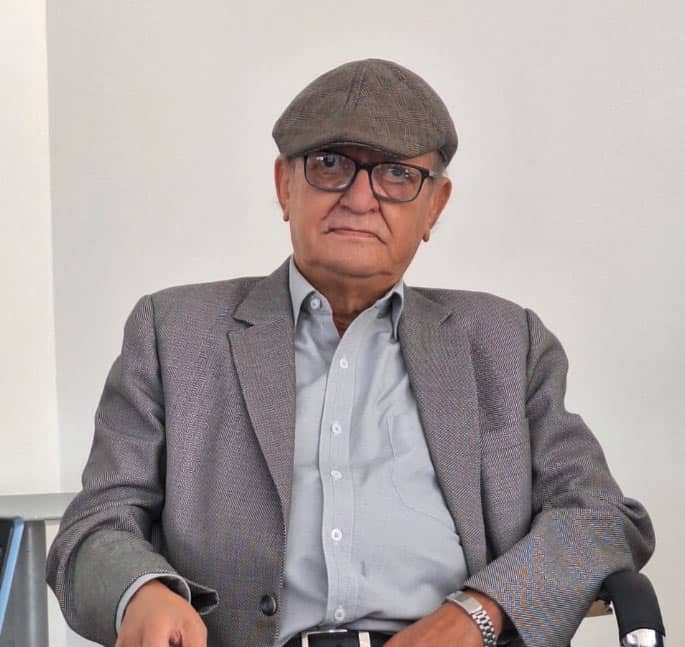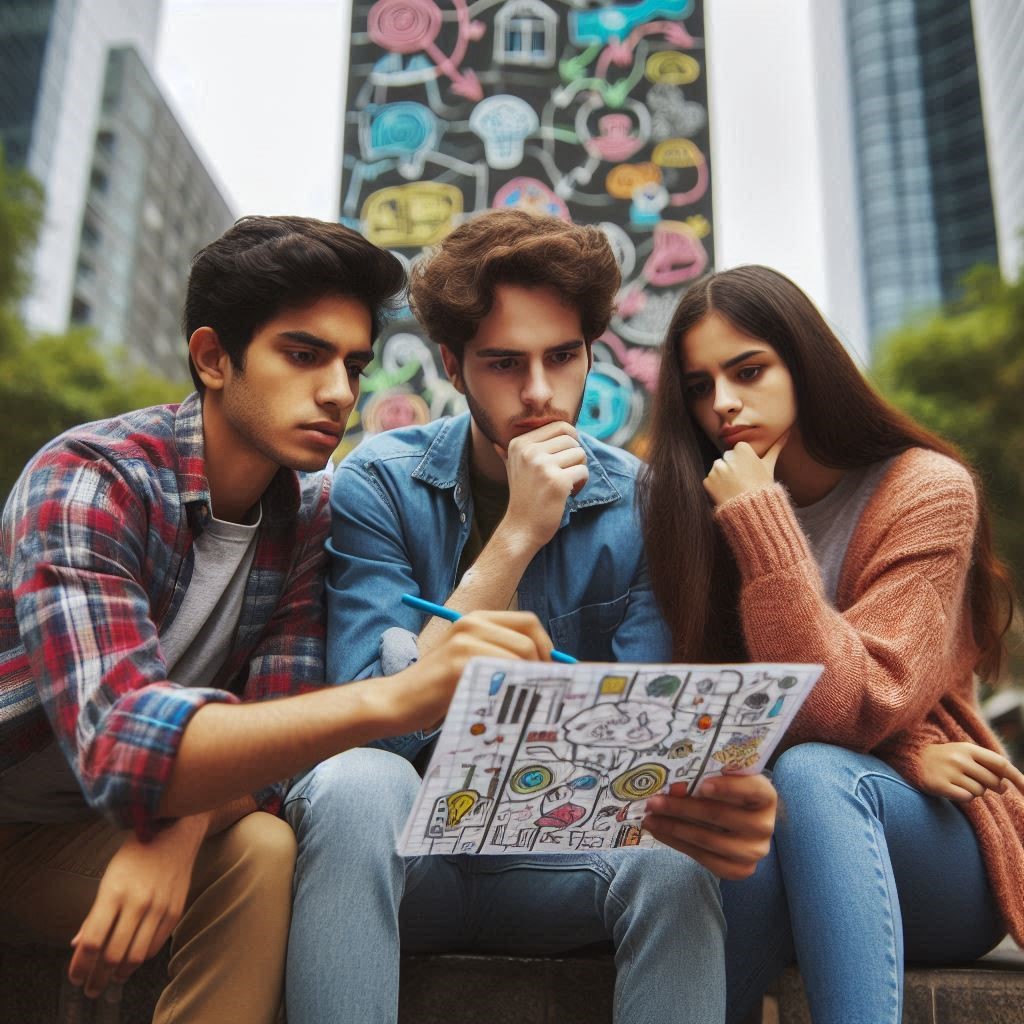By Elio Villaseñor G.
“The role of the citizen in our democracy does not end with the vote”
(Barack Obama)
Following her electoral victory on June 2, Clara Brugada, the elected Mayor of Mexico City, has outlined a comprehensive vision that emphasizes the empowerment of the nation’s capital’s youth, with offers such as providing support for entrepreneurship (through the “Wings for Youth” program); access to housing; job inclusion with a decent salary, benefits and labor rights; transportation scholarships for university students; education, training and culture. Her approach is based on previous experiences as a social and political leader, where she implemented self-managed community policies to strengthen citizen participation, especially among youth, and build a robust collective space.
Brugada Molina made an explicit call for the creation of “emancipated and empowered youth,” which implies not only the freedom and autonomy of young people, but also the provision of tools and resources that allow them to make informed decisions and actively participate in public life. This notion goes beyond simple youth inclusion, as everything indicates that it seeks a structural change where young people are not only beneficiaries, but also key actors in the formulation and execution of public policies in their favor and that of their communities.
The proposal of a cultural city is another fundamental pillar in Brugada Molina's vision of promoting spaces of expression and development for all citizens, especially youth, experiences put into practice during her administration as Mayor in Iztapalapa, which improved the quality of life and strengthened the social fabric.
The above is an expression of Clara Brugada's career as a social and political leader, which has been characterized by promoting community social policies that were true laboratories of community public policies whose main feature is that of being collective actions guided by self-management methods, which gave voice and decision to the community, creating a sense of belonging and collective responsibility, which not only strengthened the communities, but also fostered their social innovation and their ability to solve their problems autonomously.
In this regard, Brugada Molina's proposal to collaborate with young people represents a significant window of opportunity. It can be said that the core of this offer is not only to demonstrate the viability of the experiences implemented as Mayor, but to join forces to create a collective space where the proposals of young people find echo and are taken into account, based on the principle that youth participation should not be an end in itself, but a means to achieve lasting social change.
One of the greatest challenges for the future administration of the elected leader of Mexico City is to ensure that the experiences and knowledge acquired in the community are used to build effective public policies that are expanded to the level of what she has proposed for the country's capital.
In this regard, transparency and accountability will be key to maintaining trust and collaboration between all parties involved. As a society, we need to demonstrate what we have been promoting for years, joining forces to ensure that public spaces have a strong base of our youth networks and the capacity to implement our proposals.
In the immediate future, the great challenge will be to put our experiences at the service of building public policies, which will require a clear commitment and co-responsibility between the government, young people and civil society to act together as watchdogs and ensure that the established commitments are fully met.
In line with the above, this edition of Plataforma JuventudES contains elements of reflection and analysis such as that of Fernanda Monserrath, who shares her reflection on the political and legislative influence of young people; that of Alan Eduardo Sánchez Lara, who analyzes the issue of the new government of Mexico City in the context of climate change and the water crisis; the analysis of Mtra. Alejandra Flores Bautista (ICAT), and her vision on job training as a component of the comprehensive development of youth in Mexico City; that of consultant Silvana Carranza Navarro, on the Comprehensive Care System of Mexico City; and that of Pablo Ulises Rodríguez Hernández, who writes about the Work Experience of the JuventudES Project: Training and Employment. All of them together are of utmost importance to effectively achieve the construction of alternative youth policies in our country. At the same level, the external vision of Eliana Castillo Rodríguez (GOYN-Bogotá) stands out, who shares her reflection on the potential of youth involvement; and the experience of Randal Marquez (GOYN-Barranquilla) during his participation in the Democracy Moves Annual Convention.
The success of this vision will depend on the ability of the next capital government to mobilize resources, foster collaboration and lay the foundations so that, in practice, it can fulfill its goal of building a more inclusive and participatory city. But more importantly, in this perspective, the vision and active participation of young people and civil society will be essential to transform campaign and government promises into tangible results.






